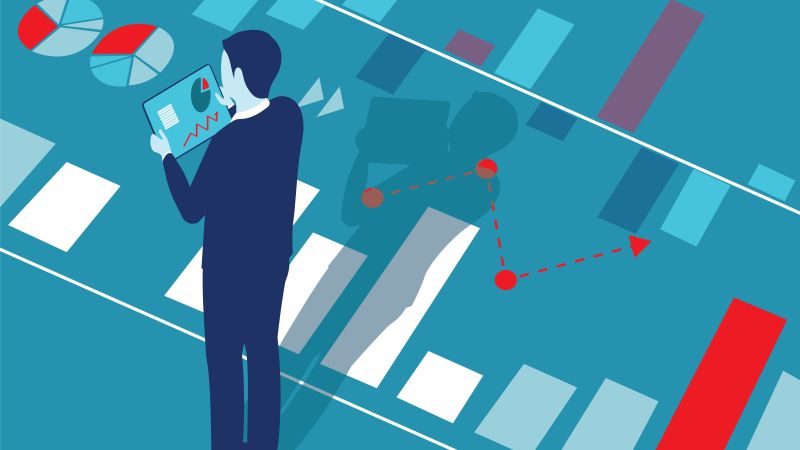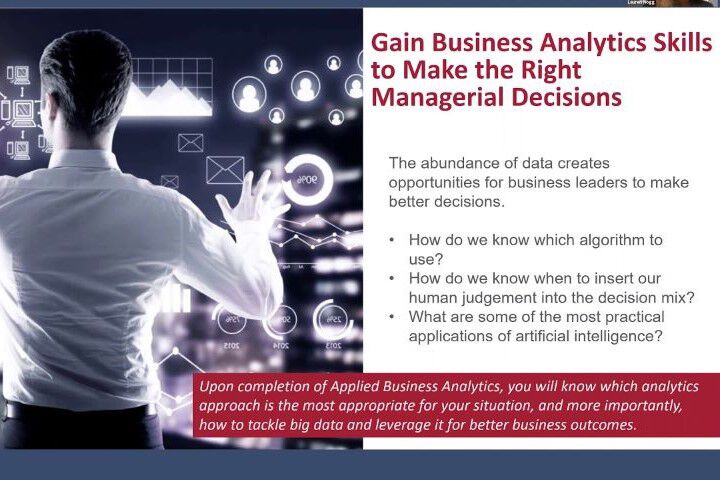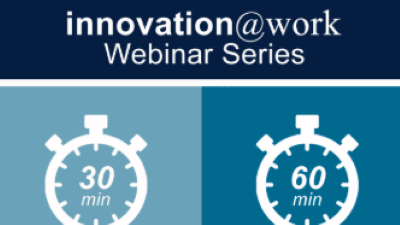The goal of business analytics is to determine which datasets are useful and how they can be leveraged to solve problems and increase efficiency, productivity, and revenue. In this non-technical online program, you will learn a practical framework that will enable you to use data to improve decision-making.
The abundance of data creates opportunities for business leaders to make better decisions. The challenge is that interpreting data from multiple sources isn’t common knowledge for most business professionals. How do we know which algorithm to use? How do we know when to apply your human judgement into the decision mix? What are some of the most practical applications of artificial intelligence?
Business analytics skills are a requirement across a variety of job functions and are in high demand from employers. In fact, job postings for this skill set has increased by 130 per-cent from September 2016 to the present. The Bureau of Labor Statistics (BLS) expects growth for business analytics skills to jump 10.9 percent, outpacing the national growth average of 5.2 percent for all jobs, from 2018 to 2028.
In the non-technical Applied Business Analytics program, you will learn a practical framework that will enable you to use data to improve decision-making. The only prerequisite is high-school level math and basic statistics.
Upon completion of Applied Business Analytics, you will know which analytics approach is the most appropriate for your situation, and more importantly, how to tackle big data and leverage it for better business outcomes.
In this program, you will learn to:
- Recognize the breadth of analytic applications
- Describe common algorithms, their appropriate applications across domains, and their limitations
- Discuss how to use analytics problem solving to lead teams and design deliverables
- Apply best practices for data analytics process management, including establishing workflows, identifying inter-dependencies, and recognizing when to utilize human judgement
















